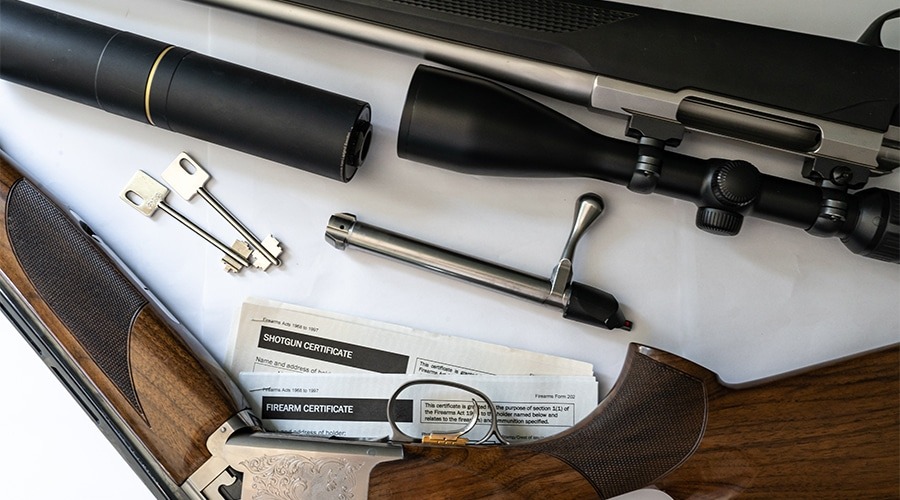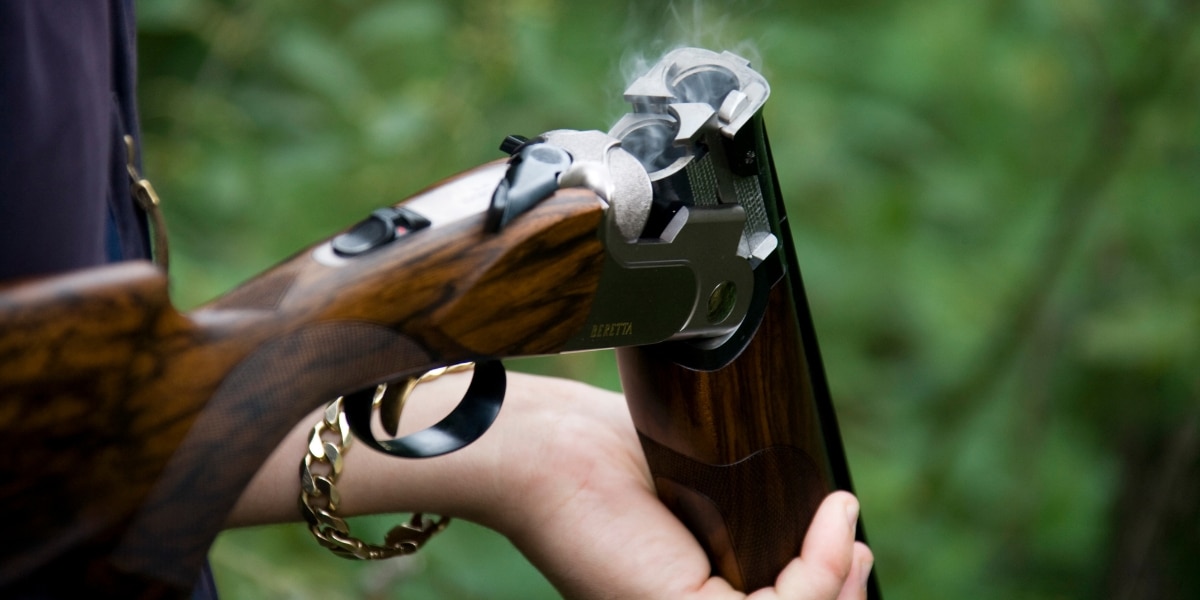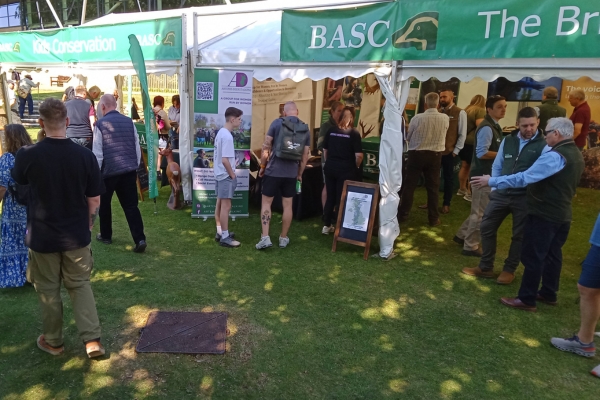
New police guidance on firearms licensing “positive”, says BASC
Updated Authorised Professional Practice guidance around firearms licensing, issued by the College of Policing, has been hailed as beneficial by BASC.
Get information on the legal shooting season for mammals and birds in the UK.
Apply for funding for your project or make a donation today
Comprehensive information and advice from our specialist firearms team.
Everything you need to know about shotgun, rifle and airgun ammunition.
Find our up-to-date information, advice and links to government resources.
Everything you need to know on firearms law and licensing.
All the latest news and advice on general licences and how they affect you.

BASC has published a major new report reviewing the performance of police firearms licensing departments in England and Wales.
The report – The Performance of Police Firearms Licensing Departments in England and Wales 2025 – is the most detailed and wide-ranging of its kind. It combines data from more than 5,000 certificate holders, Freedom of Information responses from 41 of 42 police forces, and official figures from the Home Office and National Police Chiefs’ Council (NPCC).
The findings offer a snapshot of a firearms licensing system that remains deeply inconsistent in its delivery. The report identifies forces that are providing a timely and proportionate service, and others that are falling well short of expectations.
The report shows that certificate holders continue to face a postcode lottery when applying for or renewing licences. Turnaround times vary from as little as 18 days in some areas to more than two years in others. Some forces have over 1,000 certificate holders on temporary permits due to delays.
BASC’s accompanying satisfaction survey found that while around 75 to 80 per cent of respondents rated their force’s licensing service as satisfactory or better, satisfaction dropped sharply where delays, poor communication, or inconsistent practices were reported.
Martin Parker, BASC’s head of firearms and author of the report, said: “The experience of certificate holders shouldn’t depend on which area they happen to live in. Good licensing departments prove that it is possible to deliver a fair, proportionate and efficient service. There is no excuse for the worst-performing departments not to do the same.”
The report finds that the key driver of poor performance is not funding or staffing, but how individual forces manage their internal procedures. While some forces issue certificates quickly and with minimal complaints, others struggle despite having comparable resources.
Costs also vary significantly, with some forces spending less than £130 to process a certificate and others over £300 – again with no clear link between spending and service quality.
Communication remains a major concern. Some forces offer no telephone access to their licensing departments, while others fail to respond to routine email enquiries.
Certificate holders often report uncertainty around renewals, variations and Section 7 temporary permits. The report notes that complaints made by certificate holders are frequently referred back to the same licensing department being criticised with little transparency or independent review.
BASC’s satisfaction survey captured both quantitative and qualitative feedback.
While 75 to 80 per cent of respondents rated their force’s service as satisfactory or better overall, those in underperforming areas expressed deep frustration. Only 45 per cent of grants were completed in under six months. Some 28 per cent of grants took over a year. Turnaround times for renewals and variations were generally better, but still inconsistent across forces.
The report highlights important improvements in training and national governance since BASC’s last report in 2022. A new mandatory College of Policing course for Firearms Enquiry Officers, along with an awareness course led by the British Shooting Sports Council, has been introduced.
BASC welcomes these developments, though the report raises concerns about the withdrawal of Home Office funding for training, especially following the recent 133 per cent increase in licensing fees.
BASC reiterates that a functioning licensing system is essential not only for public safety, but for sustaining the shooting sector and the wider rural economy.
Shooting is worth £3.3 billion annually to the UK economy (GVA), supports the equivalent of 67,000 full-time jobs, and delivers £500 million in conservation work annually across 7.6 million hectares of habitat.
BASC is calling for:
The report urges His Majesty’s Inspectorate of Constabulary and Fire & Rescue Services (HMICFRS) to play an active role in ensuring consistency across England and Wales. If that cannot be achieved, the report states, “an alternative system must be found.”
Martin Parker said: “Our position is clear; most forces are trying to get it right, and some are doing an excellent job. But the absence of a shared baseline standard across all 43 forces is no longer tenable. BASC stands ready to work with police forces, the College of Policing, and the Home Office to share good practice and raise standards. The report offers not just criticism, but a pathway toward a fairer, more consistent system that works for everyone.”

Updated Authorised Professional Practice guidance around firearms licensing, issued by the College of Policing, has been hailed as beneficial by BASC.

Clear blue skies and warm spring sunshine welcomed visitors to the National Shooting Show on 10–11 May.

We share a letter sent by a BASC member to the Policing Minister on plans to consult on moving Section 2 certification (shotguns) to Section 1 (mostly rifles).